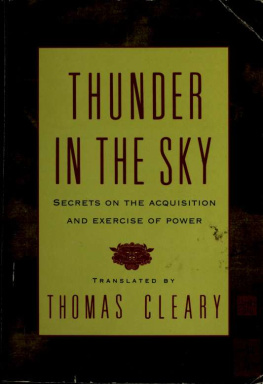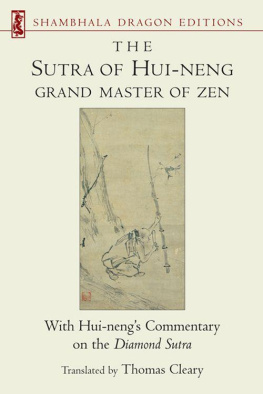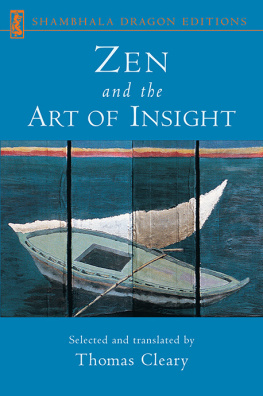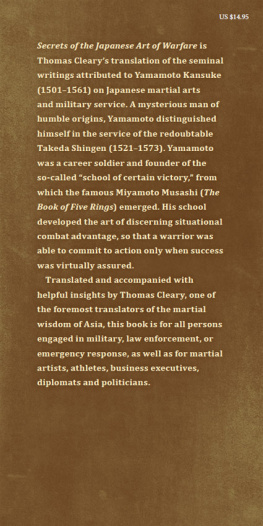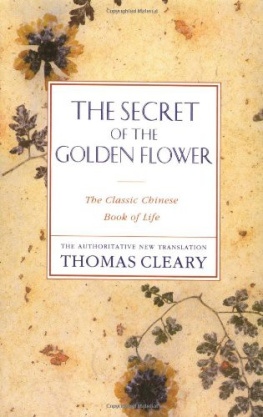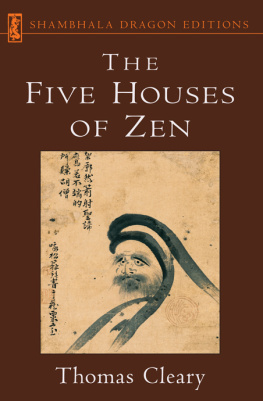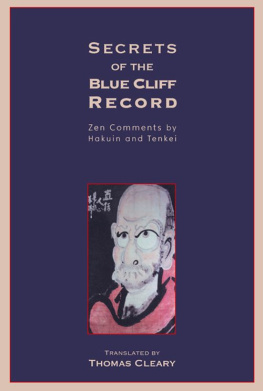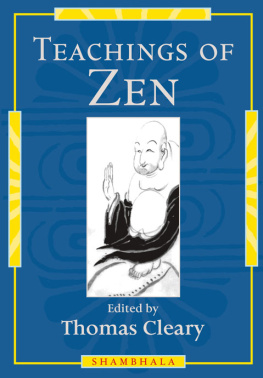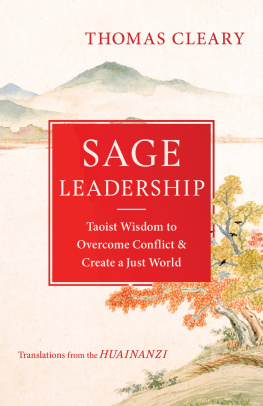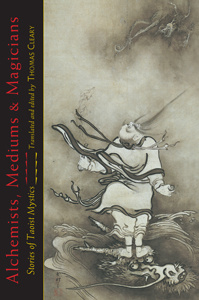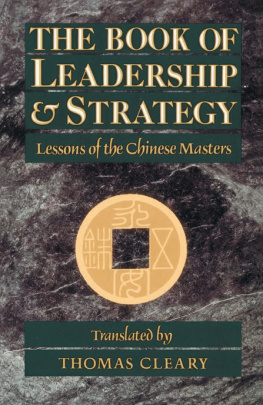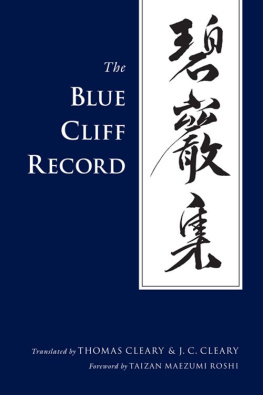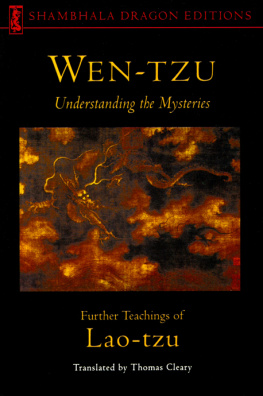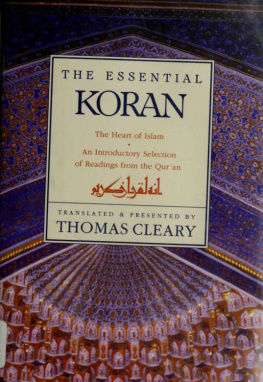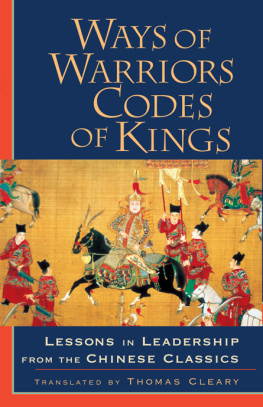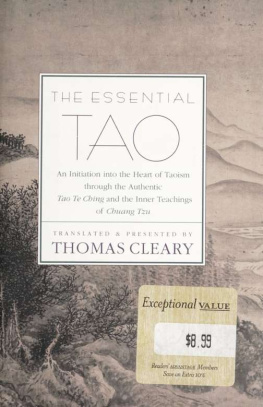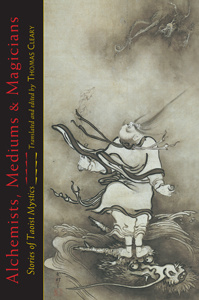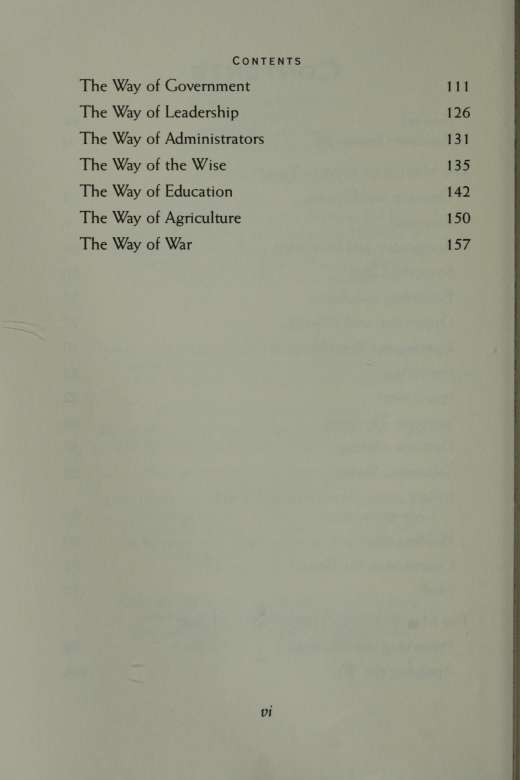This book made available by the Internet Archive.
Foreword
In TODAY'S DEMANDING business world the fierce game of competition has literally evolved into bloodless warfare. The result is, as the Chinese say, "Shang chang ru than cbang," or, "The marketplace is a battlefield." Although this militaristic view of business may seem novel, it isn't news to Asians, whose leaders for centuries have drawn from ancient art-of-war treatises to help them achieve and maintain power. The Asian people view success in the business world as tantamount to victory in battle, with both directly affecting the survival and well-being of their nation. Since they perceive that the true nature of business competition is that of war, they act accordingly.
Asians believe that mastering tactics and strategies is essential for success in the marketplace. Asian rulers, from ancient to modern, have always placed great importance on the study of classical Chinese treatises of subtle wisdom and strategy. These scholarly works brought great power to those who were able to apply their principles to the affairs of daily life. One of the most important principles of Asian thought is that all elements of life are interconnected, so there are no real divisions between philosophy, spirituality, the art of war, the art of acquisition, the exercise of power, and political and business affairs. The wisdom that guides the general in battle is the same wisdom by which the poli
ty
Foreword
tician exercises power and the business person maneuvers financial advantage. Asians don't tend to find anything strange in searching a text devoted to military strategy for principles that apply to situations in the family, the work place, or the world at large.
For thousands of years, the Chinese have been observing and documenting the dynamics of life and nature. In the process they discovered a certain rhythm of universal force that is unfailing and consistent, and applicable to every aspect of life. The philosophers captured this rhythm and later taught princes and scholars how to incorporate these principles into the administration of state affairs. The ultimate goal was to achieve absolute rule over China and its subjects. This was particularly true from 700 through 221 B.C.E., when China was going through a period of weak central government and total division among all the feudal lords. Conquering was the aim, and survival was the game. Because of this chaotic environment, China became a natural incubator for some of the greatest philosophical doctrines and art-of-war treatises. Great thinkers and strategists such as Confucius, Lao-tzu, Chuang-tzu, and Sun-tzu all lived and left their marks during this period.
One of the great masterpieces of the time was called The Master of Demon Valley (translated here for the first time by Thomas Cleary as part of Thunder in the Sky). The Master oj Demon Valley was particularly prized by Chinese scholars and
vui
For eword
power-brokers and has had profound influence on the course of Chinese history. In 221 B.C.E., using theories found in The Master of Demon Valley, the great Emperor Chin was able to unite China and end its prolonged five-hundred-year brutal civil war. The Master oj Demon Valley is a work that continues to enjoy extraordinary stature in Chinese literature because of its subtle and profound wisdom. However, this book was not written for casual reading. Ancient sages and scholars often devoted their entire lives attempting to master this erudite and elusive knowledge.
It is exciting to see this great Chinese treasure (accompanied by another Taoist classic, The Master oj the Hidden Storehouse) finally presented to Western readers. These two powerful texts have inspired emperors and strategists throughout Chinese history. Now the forces that guided the ancient emperors to victory can also navigate today's business people to profitability.
It is important to understand that the profound wisdom of China is not the property of the Chinese people but belongs to all humankind. The wisdom revealed in this book relates to experiences that all people enounter, enabling us to recognize the universality of the forces that shape our lives. In fact, the true treasure of Thunder in the Sky lies in its ability to uncover the mysterious relationship between spiritual insight and physical attainment.
In today's fierce domestic and international economic
Foreword
warfare, it is gratifying to see that American business people will be able to study this profound Eastern wisdom translating these theories for practical use in the day-to-day quest for a better life.
Chin-Ning Chu
President, Asian Marketing Consultants
author of Thick Face, Black Heart, The Asian Mind Game, and The Chinese Mind Game
Translators introduction
"THUNDER IN THE SKY" is an ancient Chinese symbol for great power, meaning progress and growth, strength going into action. Understanding the development, exercise, and consequences of every kind of power is a traditional element of Chinese thought.
The original Chinese philosophy of power came from participative observation of nature, society, and the inner mind. In early times, this led to the quest for mastery of the powers in plants and metals, in order and organization, and in extra-ordinary perceptual and cognitive capacities.
As a result of this interest in the attainment, use, and abuse of power, an advanced science of human behavior was developed and employed over the course of centuries. This study of human weakness and strengths was originally carried out in a comprehensive context of moral and psychological training, but the refinement of strategic arts eventually became a specialty among some thinkers because of preoccupations with questions of power and national security.
This book presents the first English translations of two secret classics of this ancient tradition, The Master of Demon Valley and The Master of the Hidden Storehouse. Each of these texts, from its own perspective and in its own way, provides
xt
Translator's Introduction
a practical course in special modes of human development and empowerment.
The first work, The Master of Demon Valley, is a highly controversial classic generally attributed to the Warring States period of ancient China, which began around the middle of the first millennium B.C.E. The military classic by Sun-tzu, The Art of War, is also from this period, as is the Taoist classic Chuang-tzu. Although very closely related to both these martial and Taoist traditions, The Master of Demon Valley is ordinarily associated with a relatively obscure school of thought known as Tsung-heng hsueh {Zongheng xue).

